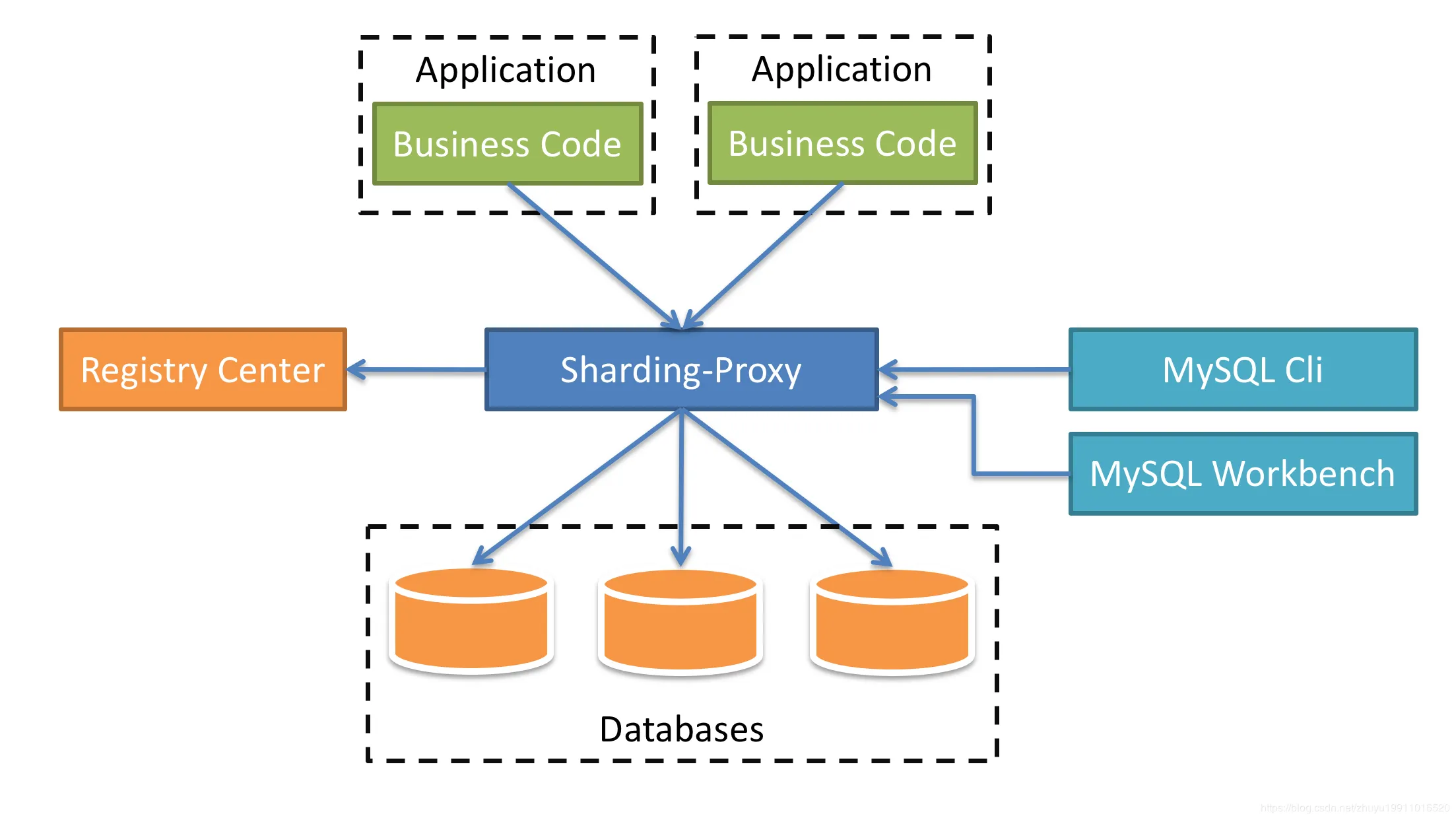Simply put, a proxy server represents a gateway through which your device communicates with the internet. While this explanation is simple enough, it doesn’t really say volumes about what proxy servers do, how they function, and why you’d need one.
Let’s break it all down.
When your computer goes online, the process usually involves two devices: your PC and a router. The router supplies the network connection, and you simply plug in the Ethernet cable or hook onto the Wi-Fi signal.
Now, imagine if there was another computer hooked to the router. But that other computer isn’t drawing the connection from the router; instead, it’s supplying internet connectivity to the device.
This is, more or less, what a proxy server does. It can be a router or an entire system that handles the online traffic between you and the web.
A proxy server has its own IP address, which represents one of the biggest advantages. The IP address is important because it’s your online ID. When you visit a website, your IP address might be visible, increasing the risk of different types of cyber-crime, including hacking attacks and identity theft.
Proxy servers can prevent such risks by directing your traffic under a different IP address. In a way, this makes your computer nearly invisible online. All that a cyber-criminal would see on their end would be the proxy’s IP address, not your actual one.
That basic layer of protection is only the beginning, though. Today’s proxy servers offer a wide range of features that make your browsing sessions even safer. For example, a proxy server can filter incoming traffic or act as a firewall.
